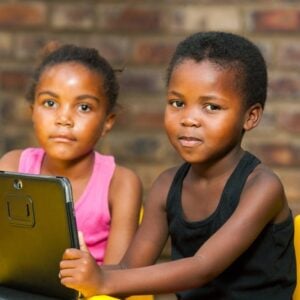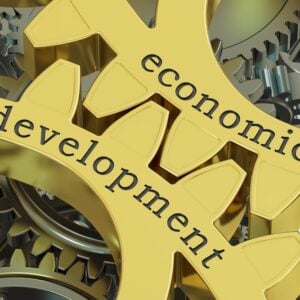The Development Response to Displacement Impacts Project (DRDIP), initiated in 2017, targeted improvements in the lives of both displaced populations and host communities in Djibouti, Ethiopia, and Kenya. In Djibouti, the focus was on the underserved refugee-hosting regions of Obock and Ali Sabieh, including villages such as Ali-Addeh and Holl Holl.
By its closure on June 30, 2024, DRDIP had achieved its goals in Djibouti. Over 110,000 individuals across the intervention areas benefited from enhanced access to education, healthcare, and renewable energy. The initiative generated around 52,000 short-term employment opportunities and supported approximately 5,600 individuals in increasing their income through business grants, training, and agricultural assistance.
The project incorporated a five-pillar approach: improving socio-economic infrastructure, advancing environmental sustainability, supporting livelihoods, strengthening monitoring and evaluation, and fostering regional coordination and institutional capacity. Key infrastructural achievements included expanding Ali Addeh’s solar plant capacity from 62.1KW to 340KW, which brought electricity to 354 households. The village also saw improvements in its water supply, sanitation infrastructure, and the construction of a new secondary school.
In partnership with the Djiboutian Social Development Agency (ADDS), DRDIP facilitated renewable energy access for 54,000 people across Obock, Ali Addeh, and Holl Holl. These efforts collectively created over 51,800 workdays and delivered targeted livelihood support that enabled thousands to report increased earnings.
The project also promoted women’s economic empowerment through initiatives like local savings-and-loan groups (GEAs), which provided interest-free loans for business startups. This approach enabled female participants in rural areas to establish and expand small enterprises, contributing to their financial independence and broader community development.
In agriculture, the program enhanced productivity by replacing diesel-powered irrigation with solar-powered systems. This not only reduced operational costs for farmers but also enabled them to diversify and scale up crop production, thereby improving food security and livelihoods in vulnerable rural communities.
By fostering sustainable development and social inclusion, DRDIP significantly contributed to improving the quality of life for displaced populations and host communities in Djibouti’s refugee-hosting regions, while promoting local resilience, gender equity, and economic opportunity.







